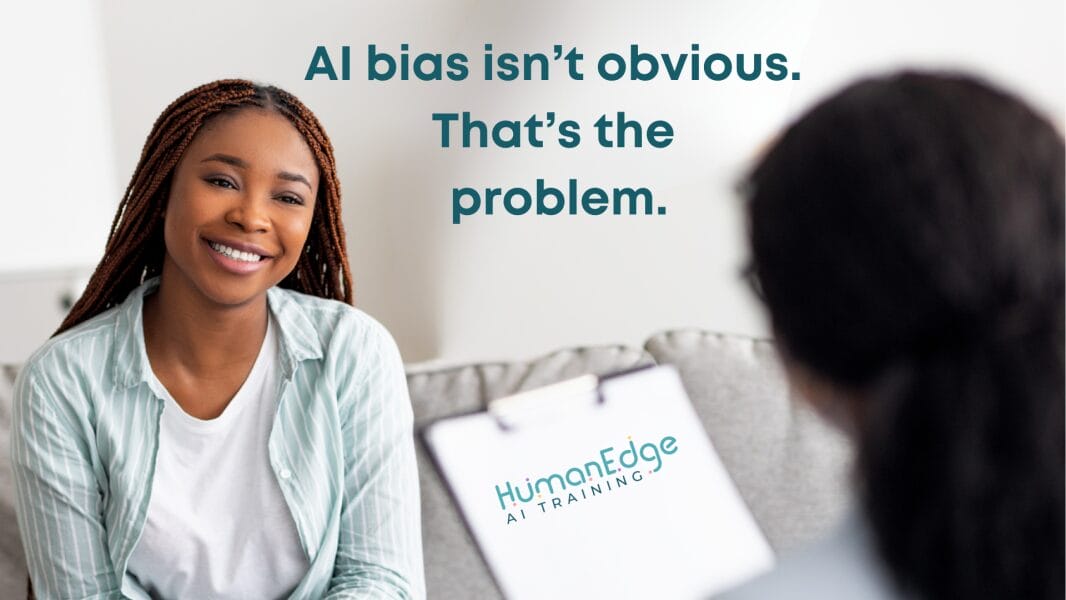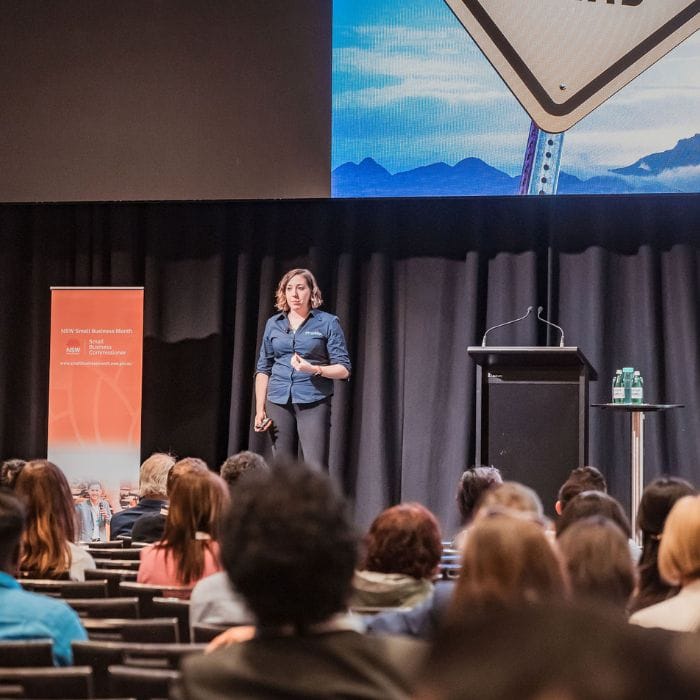Lately, I’ve had multiple people say to me “I’ve heard we’re not supposed to say ‘please’ and ‘thank you’ to AI anymore. It’s bad for the environment.”
Cue the eye-roll. And a massive groan.
These beliefs stem from a recent comment by OpenAI CEO Sam Altman, who revealed that users saying “please” and “thank you” to ChatGPT have contributed to tens of millions of dollars in computing costs – due to the extra energy required to process longer prompts. While he called it “well spent” (which I respect), the internet quickly spun it into a narrative that politeness is bad for the environment – and that’s where I draw the line.
I’m going to say something that might ruffle a few eco-feathers here:
I still say please and thank you. Every single time. And I’m not going to stop.
Why? Because manners matter.
I talk about this in my book ‘AI–Human Fusion’ (officially launching 24th June!!). There are three big reasons I always say “please” and “thank you” – and encourage others to do the same.
- If the robots ever take over… I want them to remember I was one of the nice ones.
Yes, I’m half-joking. But the reality is that these tools are learning from us right now. Every prompt we write helps shape how future systems interact with humans. If we want respectful, collaborative AI, we need to model that behaviour in how we speak to it today. It’s just like raising kids – show them how you want them to behave. AI might not be conscious (yet), but it’s absorbing our tone, our values, and our habits. - It’s a healthy habit that protects how we treat people too.
When I had babies, I’d say “ta” at the end of every feed – even though they couldn’t speak yet. Manners matter. They ground us. If we start dropping them with machines, those shortcuts can sneak into our everyday human conversations too. Especially with voice prompting now so common. Do we really want to get used to barking orders all day at our AI tools, then turning to the human next to us and accidentally treating them the same way? - Politeness actually gets better results.
According to UNSW Social Robotics Researcher, Dr Eduardo Benitez Sandoval, politeness improves clarity – and clearer prompts lead to more helpful, detailed responses. I’ve seen it firsthand. When I treat AI like a respectful junior assistant, I get sharper, more thoughtful outputs. It’s almost like the tool reflects the tone you bring to it. So if respect leads to better outcomes, why not lead with that?
To me, this concept is much bigger than simply being polite to a machine. It’s about preserving the way we show up in the world – especially as the lines between human and digital interaction get blurrier by the day.
If you’re worried about the environment – look at how you’re actually using AI
Let’s pause for a moment here. It’s not actually “please” and “thank you” that’s harming the planet.
It’s the thousands of unnecessary, frivolous prompts we plug in every single day.
I’ve seen it – and hey, I’ve done it too. We’ve used AI to write content we didn’t really need. We’ve asked it to reword things out of pure laziness. We’ve jumped on trends like the Barbie box meme just because it was fun (guilty 🙋♀️). And then we turn around and say manners are the problem?
Nah. You’ve got it all wrong.
If you care about sustainability, don’t strip the humanity out of your prompts.
Start with purpose and be intentional about how you use the tools.
What’s being done about sustainability in AI?
I totally get it. The carbon footprint of AI is a real issue. But tech giants aren’t ignoring it – and progress is being made. For example:
- Meta is partnering with XGS Energy to develop 150 megawatts of advanced geothermal power in New Mexico – clean, reliable energy to power their AI infrastructure.
- Amazon is investing $20 billion in Australia to expand renewable-powered AWS data centres and build three new solar farms.
- Microsoft is actively addressing a 30% emissions increase by investing in clean energy, grid partnerships, and infrastructure designed for long-term environmental sustainability.
Yes, AI’s environmental impact is real. And projects are underway to solve it. So please stop pointing fingers at “please” and “thank you” in the meantime. Hold onto your sense of humanity!
So please keep your manners.
Ensuring we continue to say “please” and “thank you” is essential right now.
It’s a tiny, yet very important, human gesture we need to maintain in a world increasingly run by machines. And it’s one of the simplest, most powerful ways we can remind ourselves (and our tools) what we care about: respect, kindness, and human connection.
So please continue to be polite. Let your AI assistant learn from your best self.
Because it’s learning from us, so let’s teach it well.
Even if it costs a few extra tokens.
P.S. This article was written in collaboration with ChatGPT – including lots of pleases and thank yous. 😉




